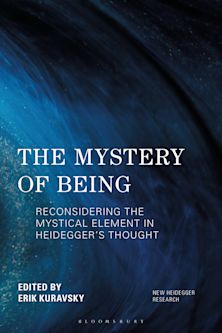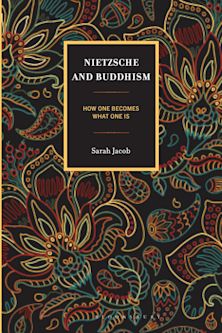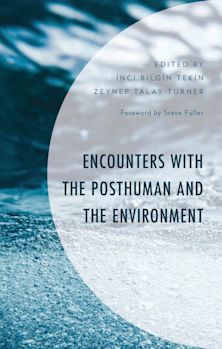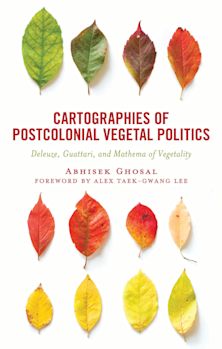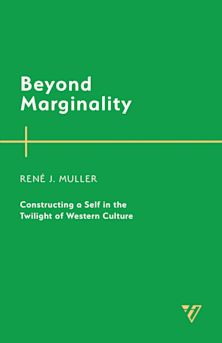- Home
- ACADEMIC
- Philosophy
- Philosophy - Other
- The Adventures of Transcendental Philosophy
The Adventures of Transcendental Philosophy
Karl-Otto Apel's Semiotics and Discourse Ethics
The Adventures of Transcendental Philosophy
Karl-Otto Apel's Semiotics and Discourse Ethics
You must sign in to add this item to your wishlist. Please sign in or create an account
Description
Karl-Otto Apel is one of the most important German philosophers of the 20th century, and is finally coming to be recognized as such. However, his work is still poorly understood and inadequately treated throughout most of the world. In The Adventures of Transcendental Philosophy, critical theory scholar Eduardo Mendieta examines the philosophical origins of discourse ethics through the prism of Apel's thought. Mendieta finds that Apel fundamentally transformed German philosophy, which had become stagnant in the years before World War II, and deeply influenced later thinkers such as JYrgen Habermas. Apel's turn toward pragmatism and analytic philosophy helped him bring the concept of a linguistic paradigm shift to Germany.
Table of Contents
Chapter 2 Die Linguistische Wende: Its Sources and Figures
Chapter 3 From Transcendental Hermeneutics to Transcendental Semiotics
Chapter 4 Transcendental or Universal Pragmatics? An Auseinandersetzung between Apel and Habermas
Chapter 5 Discourse Ethics as an Ethics of Responsibility: Toward a Macro-Ethics of Planetary Co-responsibility
Product details
| Published | Jul 23 2002 |
|---|---|
| Format | Ebook (Epub & Mobi) |
| Edition | 1st |
| Extent | 256 |
| ISBN | 9780742569430 |
| Imprint | Rowman & Littlefield Publishers |
| Series | New Critical Theory |
| Publisher | Bloomsbury Publishing |
About the contributors
Reviews
-
Mendieta has brilliantly succeeded in bringing to our attention the seminal work of an unjustly neglected master philosopher. His is the only major study of Karl-Otto Apel, a philosopher whose introduction of Peircian pragmatism and Anglo-American philosophy of language into the German academy led to the transformation of an entire tradition of philosophizing. Mendieta's meticulous tracing of Apel's career-including Apel's pioneering development of discourse ethics (before its Habermasian incarnation) and his recent engagement with the Latin American liberation philosopher Enrique Dussel over the problem of globalization-represents a tour de force of scholarship that will likely stand as the leading study of this great thinker for years to come.
David Ingram, Loyola University, Chicago
-
This book offers an excellent overview and analysis of the work of one of the most important contemporary German philosophers, Karl-Otto Apel. Given that it is the first book-length study of Apel available in English, it will prove invaluable for the long overdue reception of and engagement with Apel's work by Anglo-American philosophers.
Cristina Lafont, Northwestern University
-
Mendieta deftly traces Apel's work through his first encounter with the philosophy of language, his discovery of Charles Sanders Peirce, his development of transcendental semiotics and his quest for an ultimate foundation for rationality. This important book will shape the future debates on Apel's contribution to philosophy.
David M. Rasmussen, Boston College
-
Here is finally a book on arguably the most prominent German philosopher since World War II-who is sadly under-translated into English. Lucidly argued, the book documents how, under the influence of Peirce and Wittgenstein, Apel was led to his 'transformation of philosophy' in the direction of a transcendental semiotics and transcendental pragmatics (or communicative ethics). A splendid and thoughtful introduction to a great, but still under-appreciated thinker.
Fred Dallmayr, University of Notre Dame


















